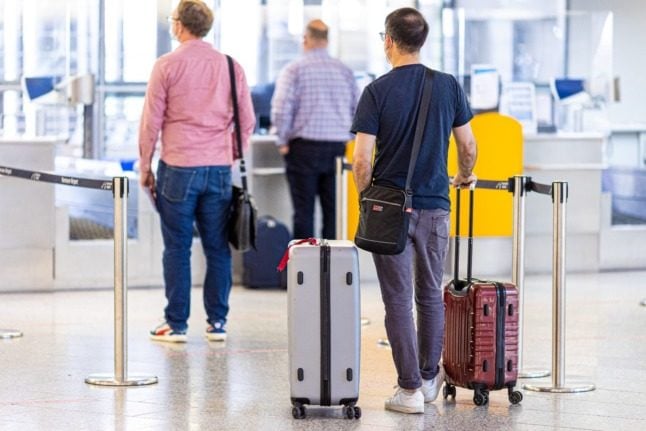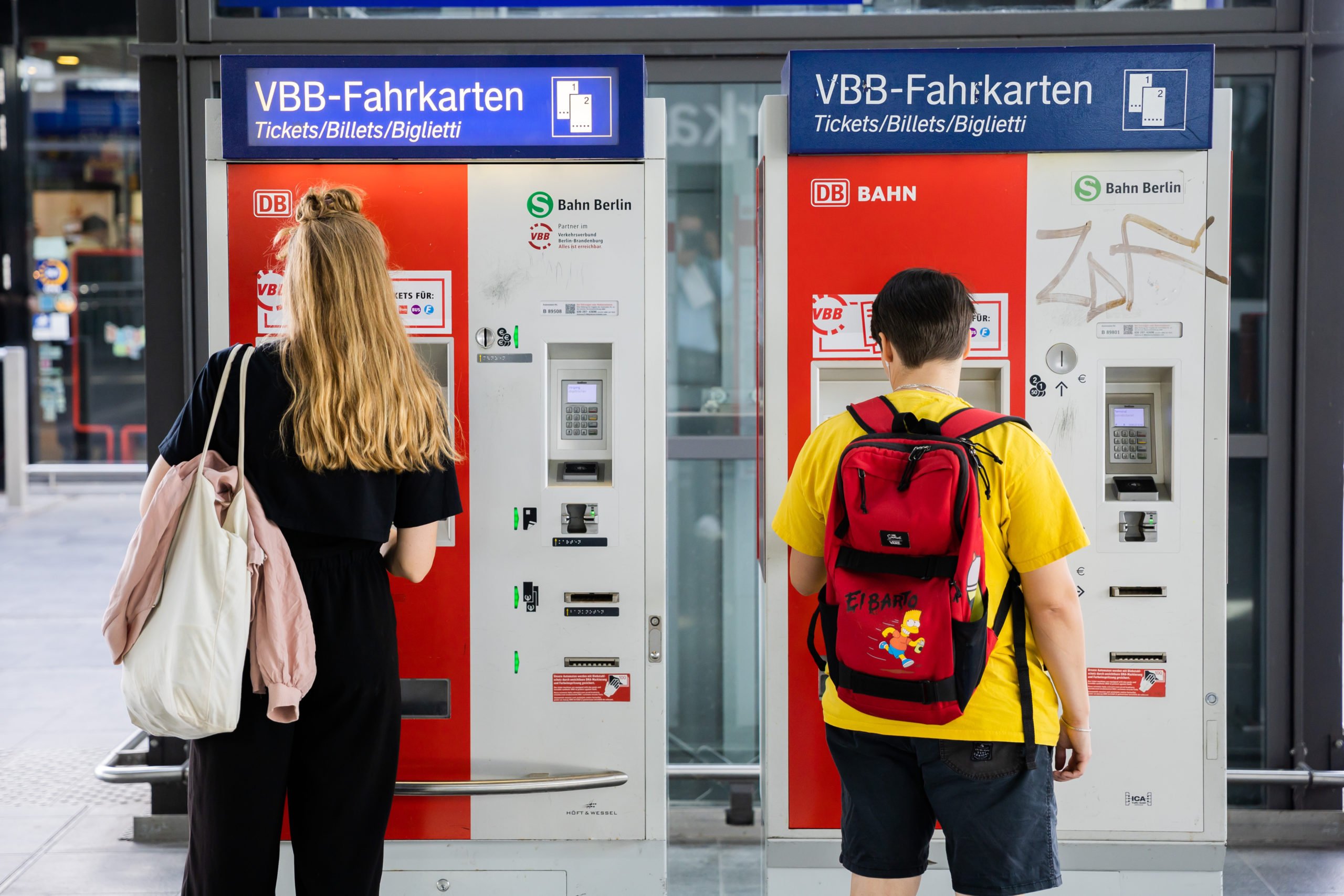The proposed plan by Health Minister Jens Spahn calls for all travellers returning to Germany to present a negative Covid test – regardless of the area they are coming from, and which method of transport they are using, according to reports by the Funke Mediengruppe newspapers.
However, not everyone in the cabinet supports this idea.
At the moment, people travelling into Germany by plane have to show a recent negative test before departure. Those who can present proof of being fully vaccinated or have recovered from Covid-19 within the last six months do not have to take a test.
The test obligation also applies to people arriving from high-risk areas. But if someone is driving or taking a train from a basic risk area – such as France – or risk free area, they do not have to show a test.
The government’s discussions on tightening the Covid travel requirements is ongoing, a ministry spokeswoman said.
READ ALSO:
- What are the Covid-19 testing requirements for entering Germany?
- Can families with unvaccinated children holiday in Germany this summer?
According to the report, Justice Minister Christine Lambrecht, of the SPD, is so far resisting the plans put together by Spahn, who belongs to Merkel’s CDU. Lambrecht reportedly considers expanding the test rule to be disproportionate.
But other politicians are calling for tougher restrictions.
In view of the rapidly rising number of infections, Mecklenburg-Western Pomerania’s state premier Manuela Schwesig urged for stricter rules for travellers returning to Germany.
“We need stricter rules again on entry from foreign risk areas,” the SPD politician said. She also called for tougher quarantine regulations.
Schwesig said she wanted stricter travel rules for her state – even if the federal government doesn’t go down that route.
“If the federal government doesn’t want to make stricter rules, at least the states should have the option.” Schwesig said.
“We should not repeat last year’s mistake of not testing travellers sufficiently.”
Earlier this year the federal government implemented nationwide rules for travel that apply to all states to avoid a patchwork of different regulations.
READ ALSO: How Germany’s latest rules on foreign travel affect you
More people being infected abroad
According to the Robert Koch Institute (RKI), travellers returning to Germany are increasingly playing a role in the development of the incidence of infection.
The RKI’s weekly situation report showed that the number of people infected abroad increased significantly in the weeks from June 21st to July 18th. It said 2,402 persons – about 10 percent of all transmitted cases – were reported as having probable exposure abroad.
“This shows an increasing role of travel-associated cases in the current infection incidence,” the RKI report states. For the reporting week from May 31st to June 6th, the RKI reported the share of cases from abroad in all reported new infections at one percent.
READ ALSO: What’s behind Germany’s rising Covid infection rate?
A total of 23,649 cases have been registered in the current reporting week, with 11,662 of them said to originate in Germany, reported Tagesschau. For 9,949 cases, no information is available on the probable country of infection. But according to the RKI, Spain follows Germany among the countries of origin of the new infections, with 821 cases known to have come from there.
Spain and the Netherlands were recently upgraded to ‘high incidence’ areas meaning tougher quarantine rules apply when returning to Germany.
On Tuesday Germany reported 1,545 new Covid infections within 24 hours and 38 deaths. The 7-day incidence of cases per 100,000 people rose slightly to 14.5.
READ ALSO: Prepare for autumn and winter: RKI warns of Covid spike





 Please whitelist us to continue reading.
Please whitelist us to continue reading.
Member comments